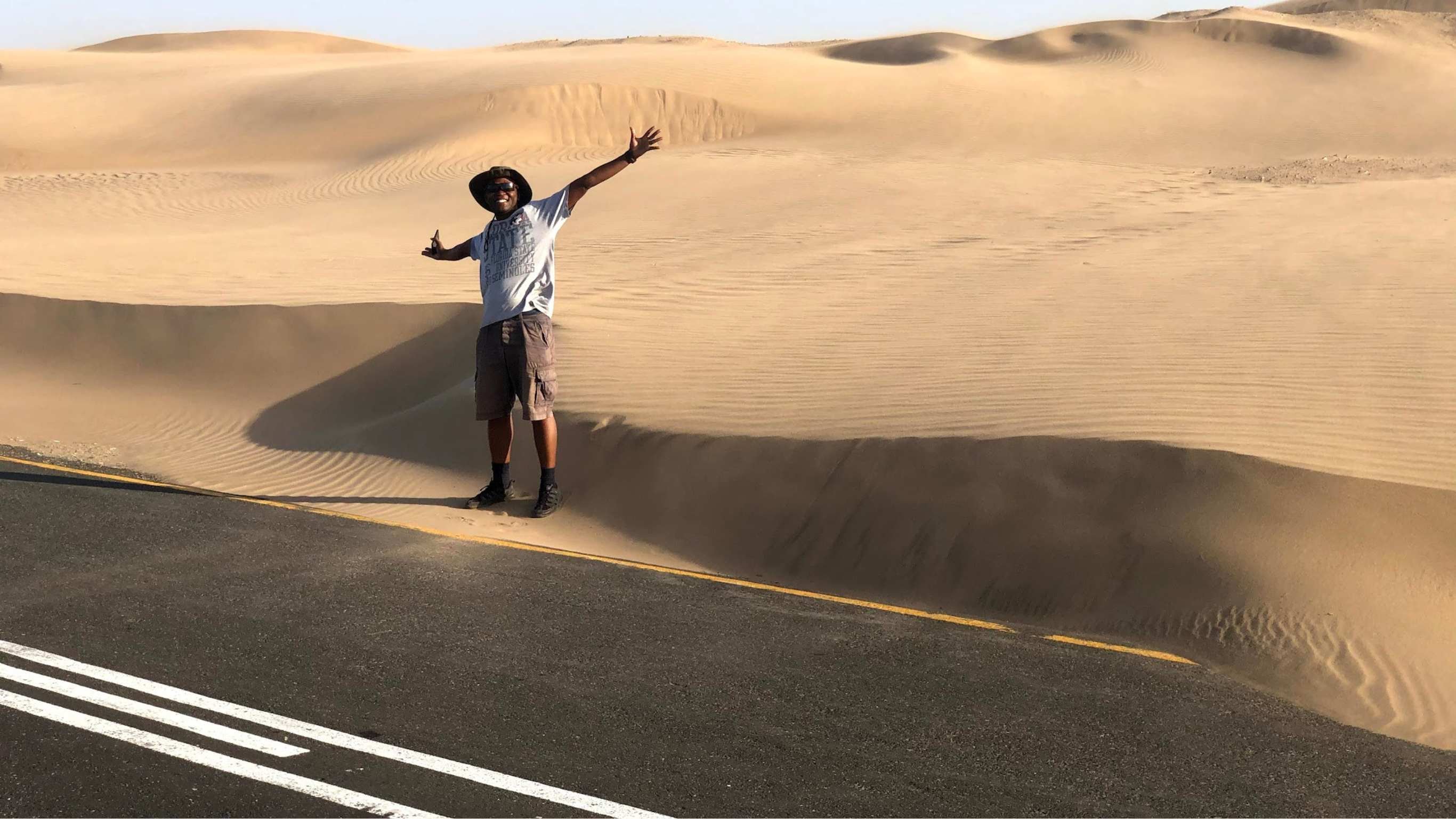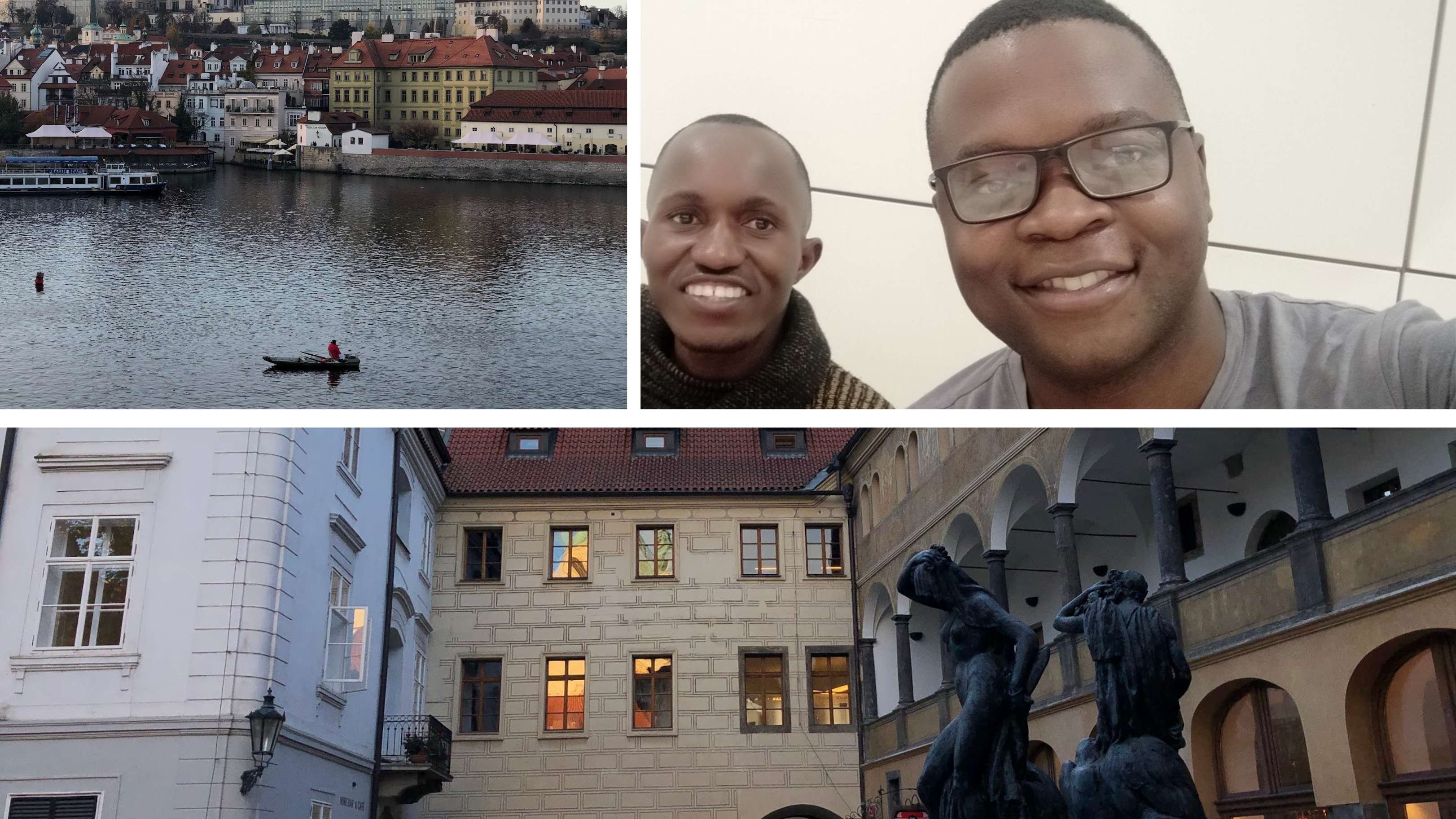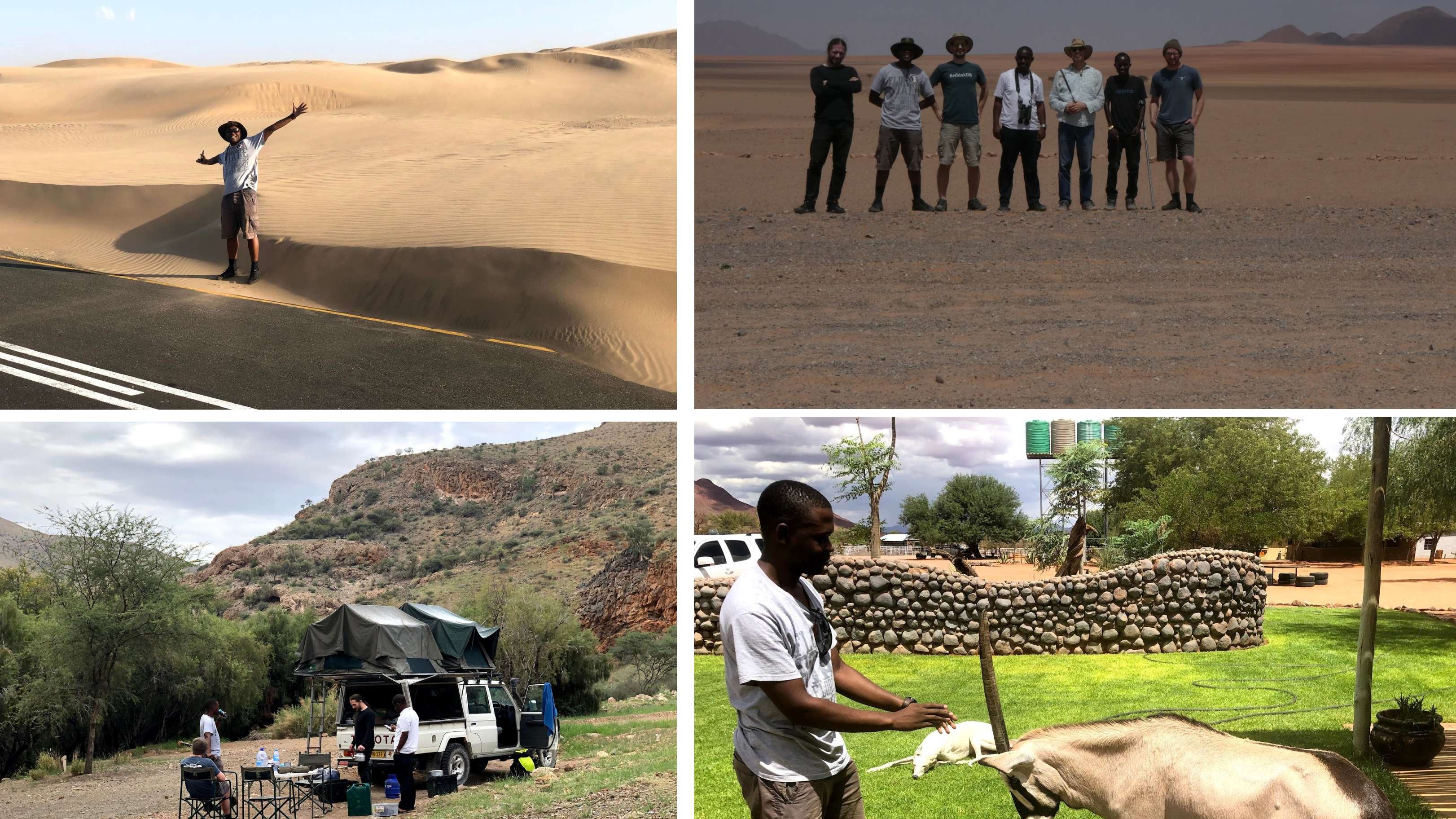Vuyisile Ndlovu: From Open Source Contributor to Leading Africa’s Remote Work Revolution

What if the path to a global tech career began not in Silicon Valley, but in a local community-run Python meetup in Bulawayo or anywhere in Africa?
In the past decade, remote work has broken down barriers, transforming open-source contributions into springboards for borderless careers. For African developers, this shift has been revolutionary. Communities like PyCon Africa, PyCon Zimbabwe, PyCon Namibia, DjangoCon Africa and Ubuntu and other tech communities have evolved into more than just coding hubs, they've become bridges to global collaboration, mentorship, and opportunities unbounded by geography.
In Zimbabwe, Vuyisile Ndlovu embodies this transformation. A DevOps Engineer with a background in QA, tech support, and software development, Vuyisile’s remote work journey began through his contributions to Mozilla's open-source projects. What started as volunteering soon blossomed into paid opportunities, and eventually, a full-fledged remote career that challenges traditional borders.
I first discovered Vuyisile’s work through his insightful blog posts while studying at the University of Namibia. Little did I know that one day, I would also become a remote worker. At that time, I was already deeply involved in the open-source community and had many friends who were remote workers. Our paths physically crossed in 2019 in Accra, Ghana. We shared an unforgettable journey to the Czech Republic, connecting through Johannesburg via Doha. Later, we reunited in Addis Ababa on our way to Accra again, and once again, we reconnected. We also had the opportunity to explore Namibia’s vast, scorching deserts together. These shared experiences, from airport lounges to desert roads, sparked rich conversations about open-source projects, remote work philosophies, and the evolving landscape of African tech.

Through these travels, I gained a deeper understanding of how Vuyisile stays productive across time zones, builds meaningful relationships in digital spaces, and turns the challenges of geography into creative opportunities. His approach serves as a masterclass in thriving within today’s remote-first world.
I had the opportunity to discuss with him how he organizes his day, maintains focus, and fosters meaningful professional relationships in a remote-first environment. Let’s move on to the interview questions.
Q1: Can you tell me a little about your background and how you got into remote work?
I’m a DevOps Engineer with a background in tech support, QA, and software development. I first became involved in remote work through my open-source contributions to the Mozilla project. I worked with globally distributed teams, answering support requests, triaging bugs, and testing pre-release Firefox versions. My open-source contributions led to paid work with some of the people I collaborated with.
I’ve had several jobs since then, ranging from Technical Writer to Software Developer, and now DevOps, all in remote settings.
Q2: How do you manage your time and structure your day when working remotely?
I work in spurts of 3 or 4 hours, and I’m most productive three times a day: in the morning from 9 AM to 12 PM, in the late afternoon from 3 PM to 6 PM, and late at night from 8 PM to midnight. I arrange my schedule to do the most creative or mentally challenging work during these times. I handle admin or other mundane tasks between these periods of high focus.
When working, I do my best to stick to the Pomodoro technique. I don’t always manage to follow it as strictly as I should, but I take frequent breaks to avoid burning out quickly.
Fun Break: How a Trip to the Namib Desert Recharged our Remote Work Life
Traveling with Vuyisile, I got a deeper understanding of his unique approach to balancing remote work with personal exploration. One particularly memorable moment was when we ventured into Namib Naukluft Park, passing through the vast expanse of the Namib Desert in Namibia, along with our friends Daniele Procida, Honza Javorek, and Ondřej Auer. The trip was a great chance to step away from the usual rush of work and enjoy the beauty of nature.
While exploring the desert, we had the opportunity to see a variety of wildlife, which made the experience even more incredible. We found ourselves chatting about everything from the challenges of remote work to our shared experiences in the tech world. It was a refreshing contrast to the usual pace of tech conferences and deadlines. The peaceful beauty of the desert and the silence around us gave us the perfect opportunity to reflect and recharge.
By the way, I realized that remote work often means you can take your office wherever you go, as long as you're mindful of your work-life balance."

Q3: What type of projects or work do you enjoy the most, and why?
This is an interesting question! I love working on open-source projects where I can collaborate with and mentor other contributors. I enjoy building automation infrastructure and enhancing code quality by adding lint checks, unit tests, and code scanning to CI/CD pipelines.
Q4: What tools or platforms do you use to stay organized and collaborate with teams or clients?
I like kanban-style boards like Trello. For comms, I use voice calls in Teams or Slack, and Google Meet.
Q5: How do you handle feedback and revisions when working remotely?
I work mostly with software teams that track revisions in Git, so I use issue-tracking systems from GitHub or similar code providers to manage and track changes.
Q6: What do you look for in an ideal remote work arrangement or client relationship, and how do you ensure success?
I spend more time doing work than in meetings, daily update calls, or async chats, all within a collaborative environment.
Q7: How do you stay motivated and productive when working remotely, especially during challenging projects?
Staying motivated can be difficult because it's easy to overwork when working from home. Remote work can also feel lonely, especially when your team is spread across different countries. Separating work from my personal life is a challenge I struggle with, so I make sure to regularly get out, work from different places like co-working spaces, and interact with people in real life to combat loneliness.
When working on challenging projects, I ensure I have all the information I need to do my job. If I don’t understand certain parts of the work or need help, I like to hop on calls with people to clarify things.
Conclusion
Vuyisile’s story is a testament to the power of remote work and its ability to help individuals build meaningful careers and relationships across borders. His journey, from open-source contributor to DevOps Engineer, highlights not only his technical expertise but also his passion for collaboration and continuous learning. As we continue to embrace the future of work, stories like Vuyisile’s remind us that, with the right mindset and tools, remote work can lead to both professional success and personal fulfillment.
And don't forget to check out Kafkai, an AI content creation platform created by the remote workers at LaLoka Labs.
If you're a remote worker with a unique journey or story to share, I’d love to hear from you! The world of remote work is full of diverse experiences, and every story contributes to a broader understanding of how this model is shaping careers globally. Please don’t hesitate to reach out to me and share your journey with others.
